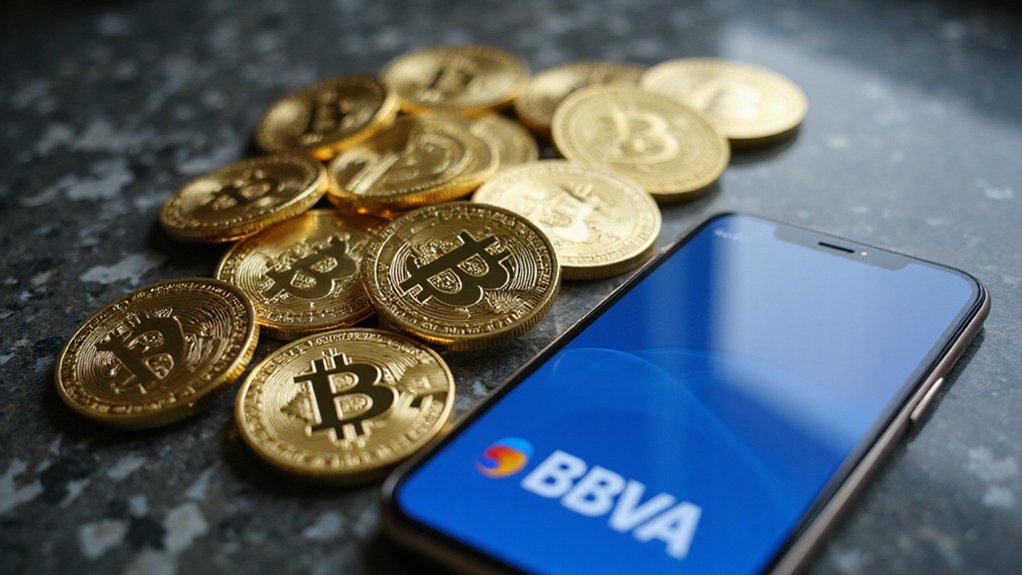While most corporate treasury strategies involve the mundane shuffling of cash equivalents and short-term securities, GameSquare Holdings decided to embrace the digital asset revolution with characteristic gaming industry flair—announcing a $100 million Ethereum investment strategy that sent shares rocketing 58.8% to $1.54 during regular trading hours.
The market’s enthusiasm proved infectious, with after-hours trading delivering an additional 6.49% bump following the crypto announcement. Investors who witnessed GameSquare’s shares climb from the $0.95 offering price (for 8.42 million shares) might reasonably wonder whether they’re observing shrewd treasury management or elaborate performance art disguised as corporate strategy.
GameSquare’s board approved the ambitious Ethereum allocation as part of a phased approach designed to maintain sufficient working capital—a sensible precaution given the notorious volatility of digital assets. The initial phase involves raising approximately $8 million through public offering proceeds, suggesting management understands the difference between calculated risk and reckless gambling.
GameSquare’s phased Ethereum strategy maintains working capital buffers—distinguishing calculated digital asset exposure from reckless crypto speculation.
The company’s partnership with Dialectic, a crypto-native capital management firm, adds credibility to what might otherwise appear as corporate FOMO. Dialectic’s Medici platform employs machine learning algorithms and automated optimization to navigate decentralized finance protocols, targeting risk-adjusted returns between 8% and 14%—substantially higher than traditional Ethereum staking‘s modest 3-4% yields.
This sophisticated approach leverages lending protocols, liquidity pools, yield farming, and arbitrage activities rather than simply holding dormant crypto assets. The strategy capitalizes on transaction fees, borrower interest, and token incentives within DeFi markets, creating potential revenue streams that traditional treasury instruments cannot match. These automated protocols operate through smart contracts that execute transactions without intermediaries, enhancing efficiency and reducing counterparty risk. The offering completion is anticipated around July 9, 2025, pending customary closing conditions.
GameSquare’s move reflects broader industry trends, with companies like Bit Digital and BitMine Immersion Technologies similarly pivoting toward Ethereum as a primary reserve asset. Whether this represents prescient positioning or collective delusion remains to be determined by market forces.
Despite the rally’s impressive magnitude, GameSquare demonstrated a low momentum score, indicating mixed technical signals amid the volatility. The company’s current institutional ownership stands at 36.71%, providing some stability amid the speculative crypto pivot. Investors evaluating this crypto treasury experiment must weigh the potential for enhanced returns against the inherent risks of digital asset exposure—a calculation that apparently favored optimism during Tuesday’s trading session.









